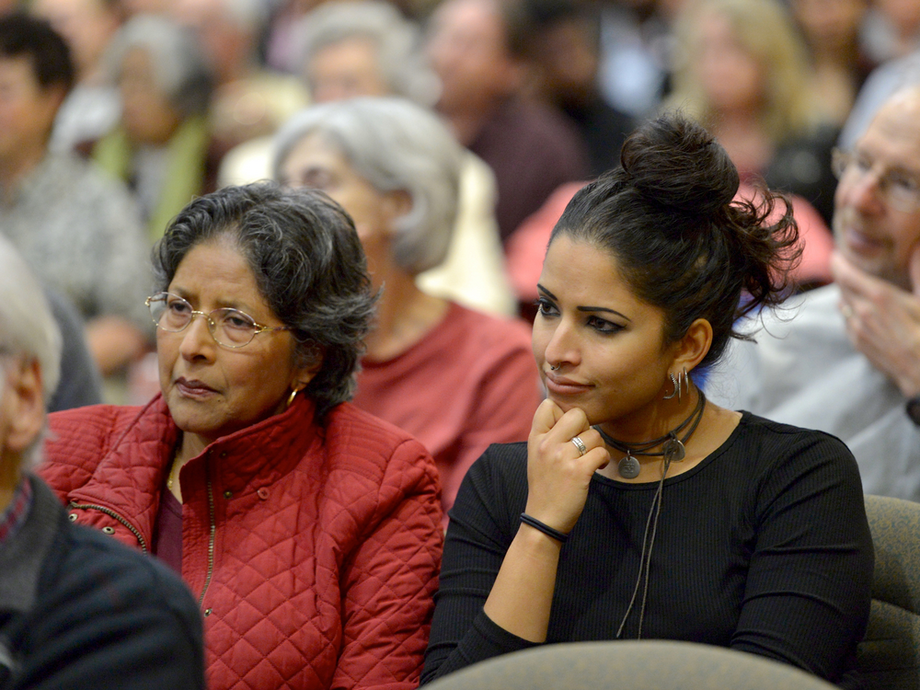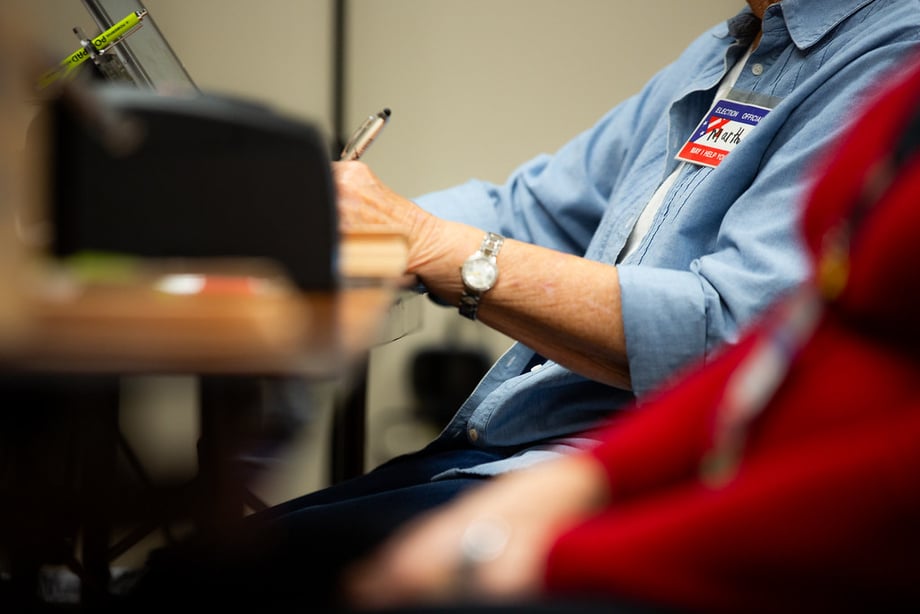What is a Presidential Caucus?
During presidential election years, you'll hear a lot of talk about caucuses. But what are they exactly, and how do they differ from primaries?
We've broken it down for you!
What is a Caucus?
Put simply, caucuses "are meetings run by political parties that are held at the county, district, or precinct level." In the months before a presidential election, several states hold caucuses where candidates vie for party support. Caucus participants then vote for the candidates they support; the number of votes each candidate receives determines how many party “delegates” will be sent to support that candidate at the party’s convention, based on the state party’s rules.
Once candidates are selected at caucuses, party delegates attend a state and/or national convention and officially vote to confirm the party candidate.
To visualize this, imagine:
Jon and Jane Doe are running for president in the same party. Jane gets the most votes across all the caucuses in the state and, therefore, ends up with the most state delegates. When Jon and Jane's party’s national convention occurs, Jane has the most delegate votes. If she has the most delegate votes from across all states’ primary and caucus processes, Jane becomes the party’s nominee for the general election in November.

A caucus may be "open," meaning voters do not have to be registered with a specific party to participate. Conversely, it may be "closed," where only voters registered with the party can participate. Some caucuses are "semi-open" or "semi-closed," meaning the rules fall somewhere in the middle.
During nominating caucuses, voters can also discuss other issues, like their party platform and election volunteering.
Caucuses aren't the only way parties can choose their candidates. Some parties also use primaries to award delegates to state and/or national conventions. And yet other parties use a convention process only to nominate their candidate for a general election.
Caucuses v. Primaries
Today, caucuses are falling out of fashion for electing the president. Most states use primaries to select their party’s delegates — though some states use both caucuses and primaries for different parts of the electoral process, while in other states, certain parties use one system and their counterparts use another.

The main differences between a primary and a caucus are that:
- Caucuses generally require voters to attend a multi-hour in-person meeting if they want to participate;
- Party officials run caucuses, whereas government officials generally run primaries.
What is the Iowa Caucus?
Iowa still uses a caucus system to select their party candidates — and for decades, their caucuses have been considered the kickoff to the presidential election season.
The Iowa caucus is traditionally the first of the states' presidential nomination events. Its results are also considered an important indicator of a candidate's future success — even though since 1976, only 4 of 8 presidents won their Iowa caucus.
Some additional states with party-run caucuses include Alaska, Hawaii, Idaho, Missouri (Republican party only), Nevada (Republican party only), North Dakota (Republican party only), Utah (Republican party only), and Wyoming.
Preparing For Your Caucuses
If you have a state caucus coming up, check if it's open or closed. If it's closed, you'll need to register as a party member to participate. If it's open, you can participate even if you're not registered with the party.
The political parties in your state will have more information on where and how you can participate on their websites.
Regardless of whether your state hosts caucuses, you can find upcoming elections, learn about candidates, and register to vote at VOTE411.org!
The Latest from the League
Who votes in primaries? And what happens next? Here’s a quick look at primaries to help answer your questions about this pivotal part of our voting system.
Casting your vote, especially if it’s your first time, can seem complicated. To make it simple, we’ve compiled some of the most common questions we’ve received from college and university students.
With the election cycle now in full swing, we’re pleased to share the League of Women Voters' presidential voters’ guide to help voters learn about the candidates and their visions for America’s future.
Sign Up For Email
Keep up with the League. Receive emails to your inbox!
Donate to support our work
to empower voters and defend democracy.





